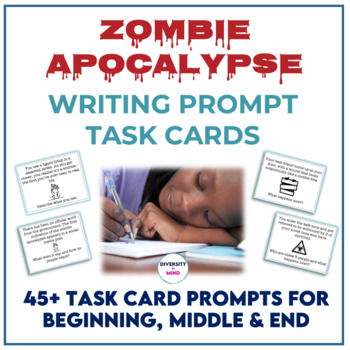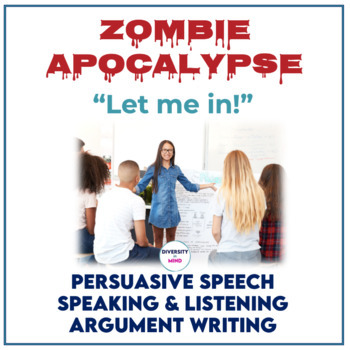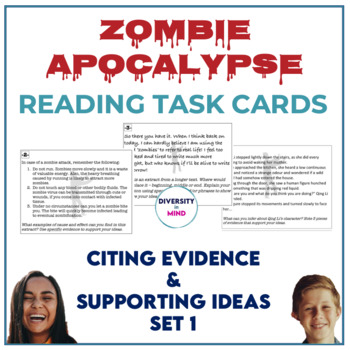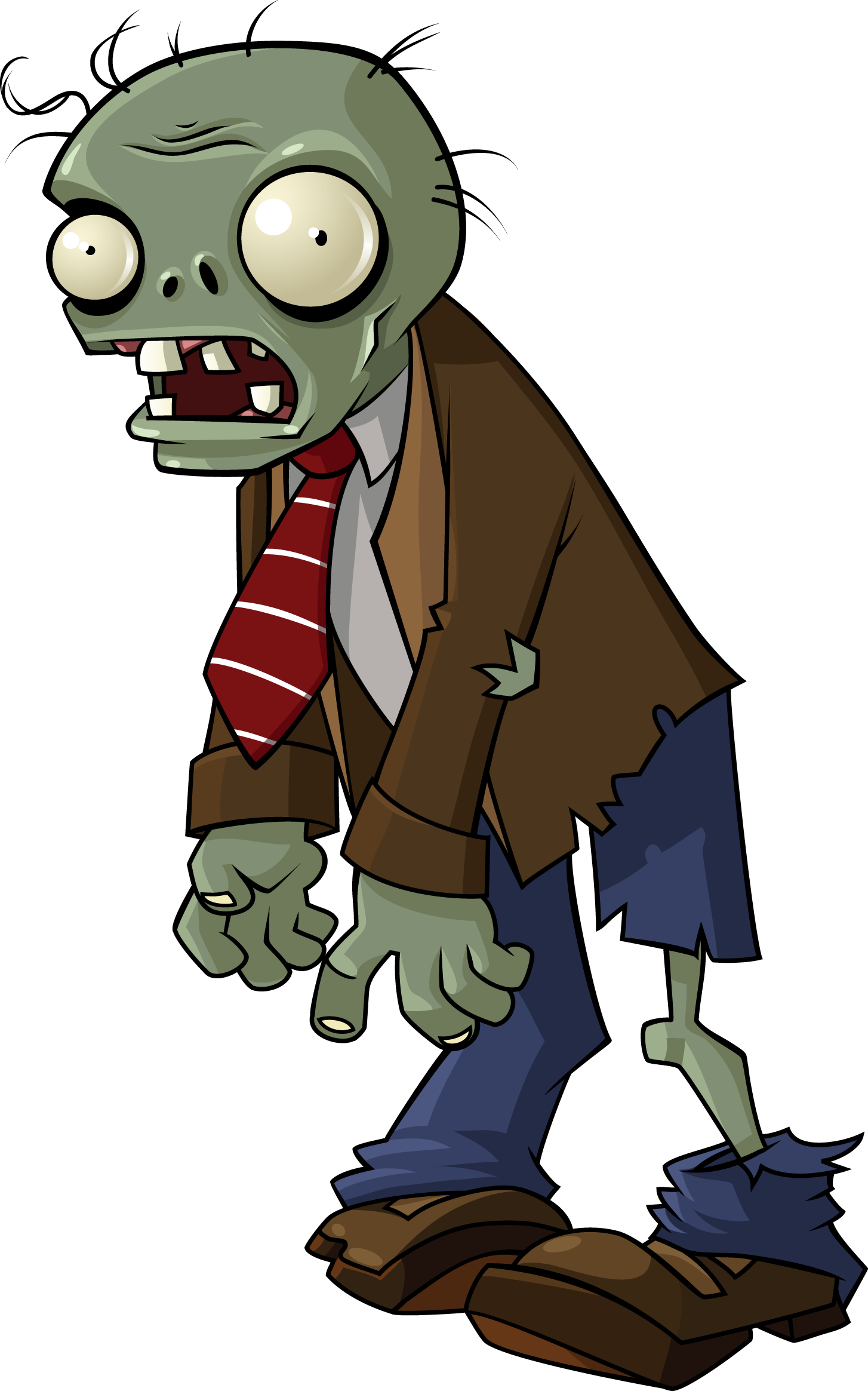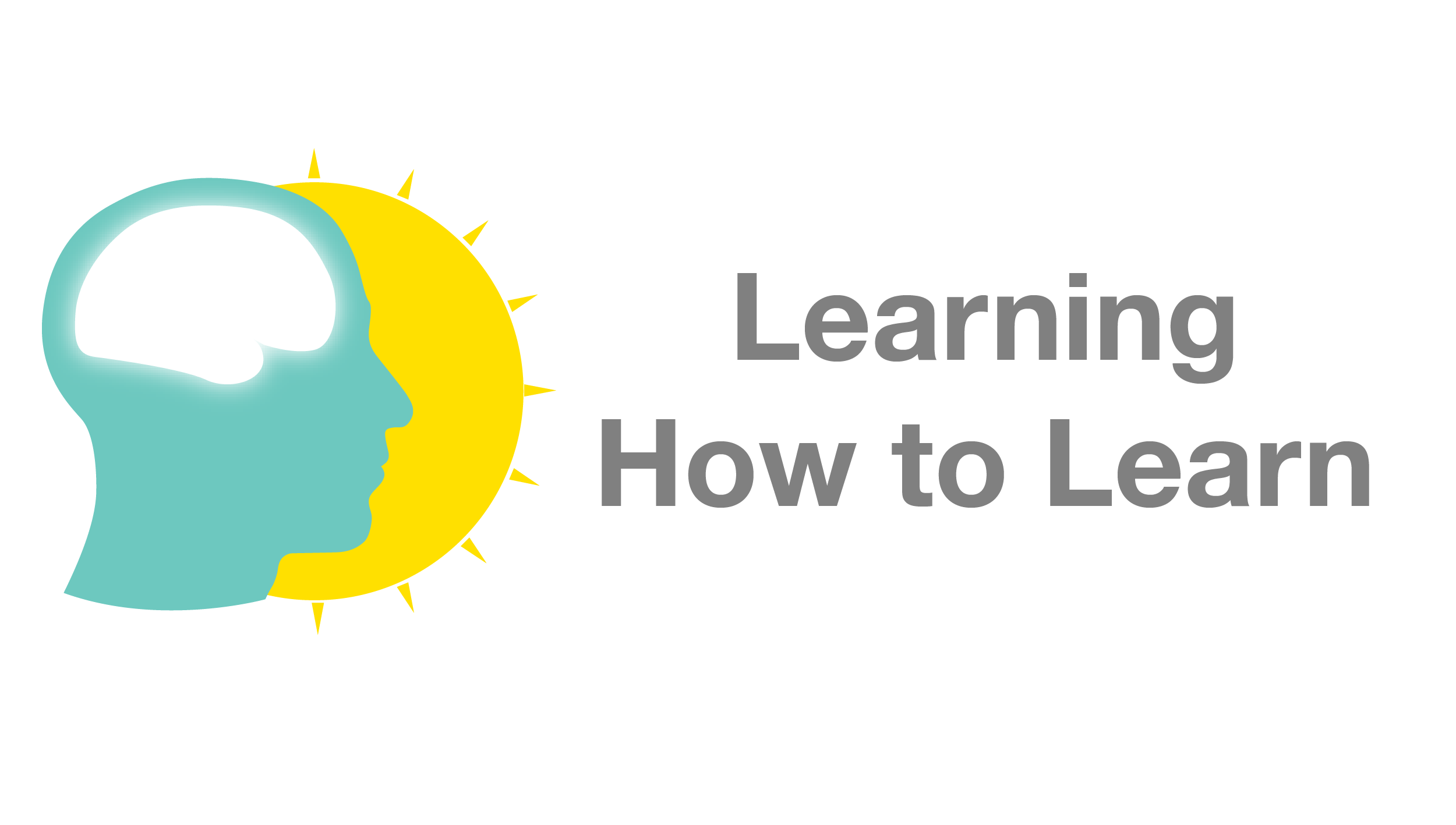I've been using task cards for a long time now, and I've come to love them. For some reason, students never tire of them and the fact I can get students physically moving as they learn is an additional bonus to the differentiation, student choice and variety they allow for.
In a previous post I outlined some ways I've used them but I realised an update was well overdue. So, in no particular order, here are some other ways you can use task cards in your classroom.
Try this!
Give one card to each student to face down on the table. The first student turns over the card, reads it aloud, and each team member takes a turn to respond. When the card has been thoroughly discussed, the next student turns another card over.
Or this!
Give the cards to students who are early-finishers.
Or this!
Give each student one card. If your class has more than 20 students, divide the class into 2 groups so each student within a group has a unique card. Students individually complete their card producing a written response. When done, they partner with another student and swap cards. Repeat the activity. When both students have completed their responses, they then compare and discuss. Repeat the activity until all cards have been explored, or the time limit has been reached.
Or this!
Print off the cards 2 or 4 sets to a page (i.e. 8 or 16 cards to 1 sheet of paper). Give the miniature cards to students to stick into their notebooks and respond beside / under.
Or this!
Use one of the cards as a whole-class starter activity at the beginning of a lesson.
Or this!
Create stations around the room with the different task cards. In partners, students spend a specific time (e.g. 3 minutes) discussing the prompt on the card. When the time has elapsed, they move on to the next station and repeat.
Or this!
Leave a set of cards printed and ready-to-go in case of sickness or absence.
I hope this has given you some ideas, and if you come up with more, do share.
Happy teaching!




